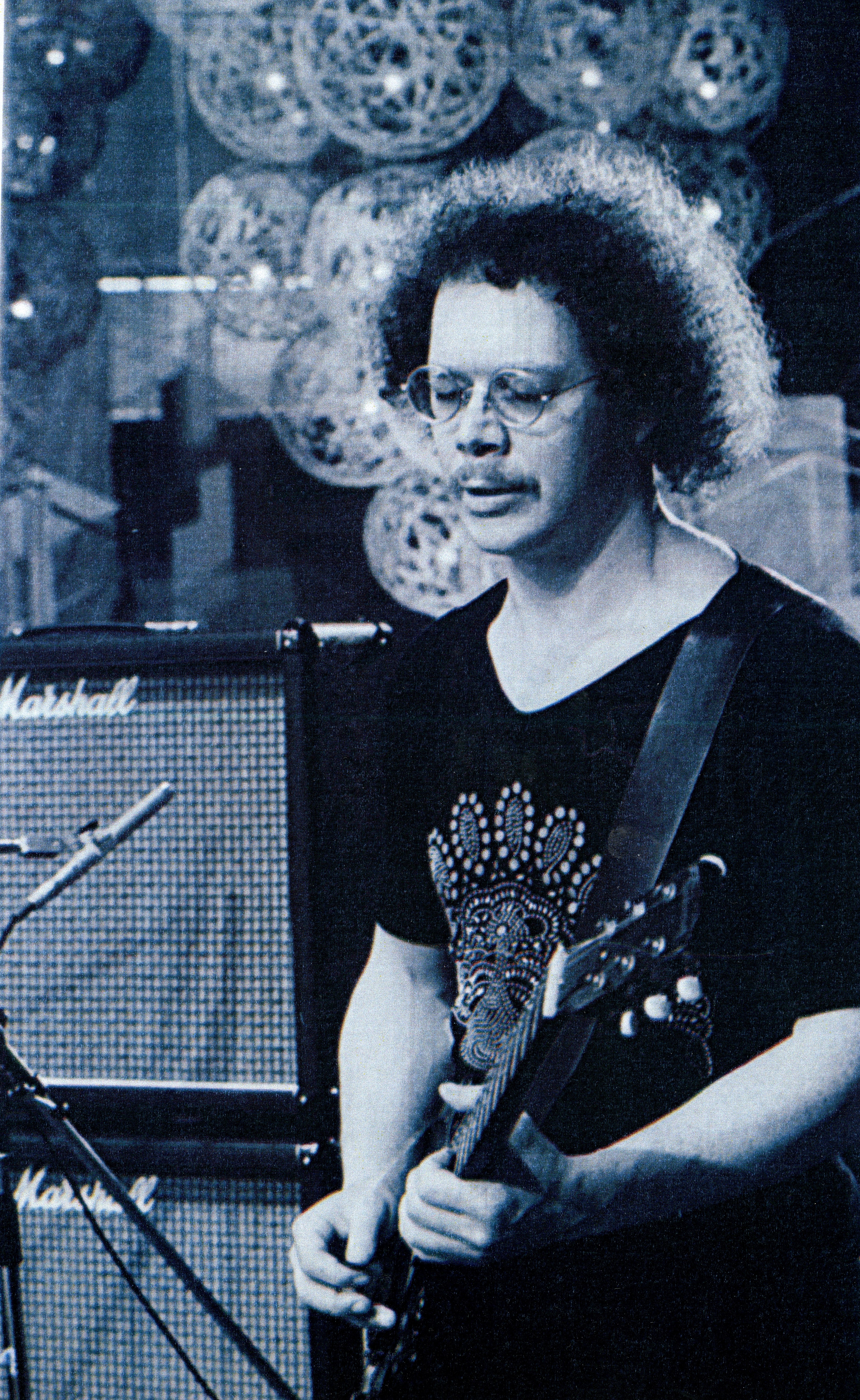I‘m proud of our brewery. The brewing right had its rationale

Stáhnout obrázek
Karel Witz was born on January 7th, 1947 in Prague. His father, who had been a lawyer and a teacher at Charles University, was of Jewish ancestry. He was imprisoned in Terezín during the Nazi occupation. Most of his paternal side of the family were murdered in the concentration camps. He graduated from the University of Economics in Prague. He married a Slovak woman and in 1973 he started working at the statistical office in Košice. In addition to his job, he was a musician. As a guitarist, he worked with Miroslav Žbirka and Marika Gombitova in the Modus band, and later played with the Collegium Musicum band. After 1989, he got back the brewery in Polička thanks to property restitutions. He started Měšt‘anský pivovar, a successful brewery. In 2020, the company had been managed by his children.
























